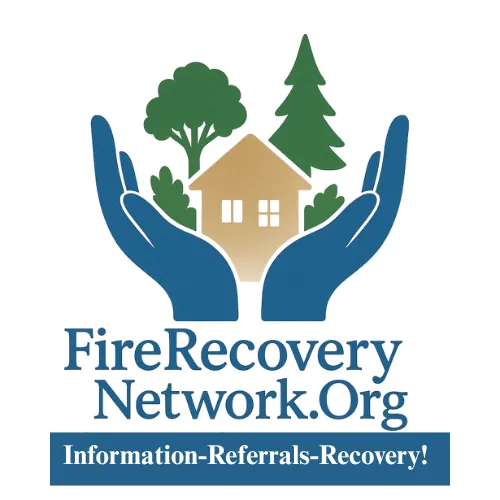Summary of Bill SB749
Mobilehome parks: closure, cessation, or change of use.
This bill strengthens and clarifies the rights of mobilehome park residents in California, especially in cases involving:
Termination of tenancy
Park closure or change of use
Park destruction due to natural disasters
Resident or nonprofit purchase opportunities
KEY HIGHLIGHTS
1. Termination of Tenancy Rules (Civil Code §798.56)
Tenancy in a mobilehome park can only be terminated for specific reasons, including:
Violations of laws or park rules (after proper notice and opportunity to cure).
Substantial annoyance or criminal acts on park premises.
Nonpayment of rent or utilities (with a 3-day notice after a 5-day grace period).
New Provisions:
After 3 nonpayment notices within 12 months, a 3-day notice is no longer required for eviction.
Homeowners are given 60 days to remove their home after repeated defaults.
Lienholders or legal owners can cure defaults up to 30 days after certain notices, but only up to 2 times in 12 months.
2. Protection After Natural Disasters (Civil Code §798.62)
If a mobilehome park is destroyed by wildfire or natural disaster and the owner decides to rebuild:
Previous residents have the right to return under similar rental terms, with some cost adjustments for rebuilding.
Offers must be sent at least 240 days before reopening.
Residents have 60 days to accept the offer.
Rent is not owed while they are displaced.
Offers are non-transferable and processed first-come-first-served.
3. Resident & Nonprofit Right to Purchase Before Park Closure (Gov Code §65863.15)
Before closing, selling, or changing the use of a mobilehome park:
Owners must give resident groups, nonprofits, and public agencies the first opportunity to buy the park.
Key steps:
12-month advance notice required before closure.
A 270-day window for qualified buyers to submit a bona fide offer.
If any qualified entity submits an offer, the owner must consider it and engage in good-faith negotiation.
Certified appraisers determine fair market value if needed.
Qualified Buyers Include:
Resident organizations
Local/state nonprofits or agencies
Entities certified by the CA Department of Housing and Community Development (HCD)
4. Enhanced Notice Requirements to Tenants and Agencies
Before a change of use, closure, or cessation of operations:
Park management must notify tenants and public entities (mayor, county board, housing authority, HCD).
Required notices must include specific details like rent roll, vacancy rate, proposed changes, and tenant demographics.
Updates or major changes to the plan must also be re-notified.
5. Enforcement & Oversight
HCD will monitor compliance, certify eligible buyer entities, and provide approved forms.
Tenants, nonprofits, or public entities can sue for injunctive relief and attorney fees for violations.
Local governments can still enforce stronger protections.
EFFECTIVE DATE
These amendments and additions become operative February 1, 2025.
